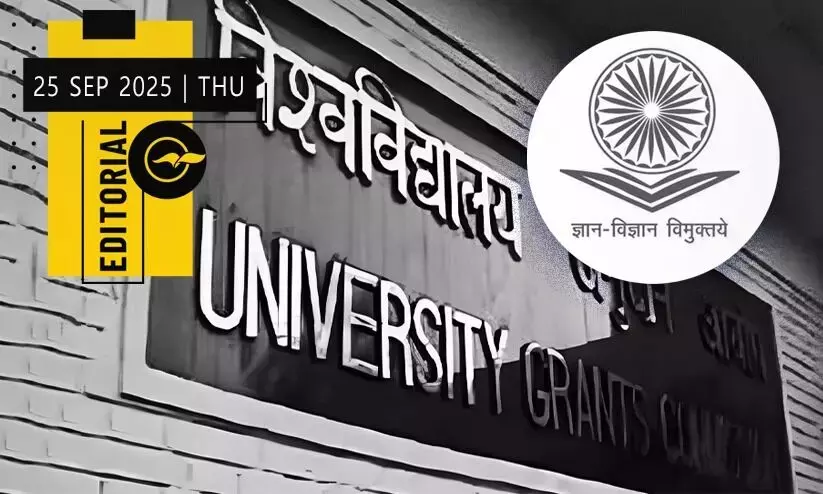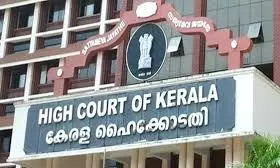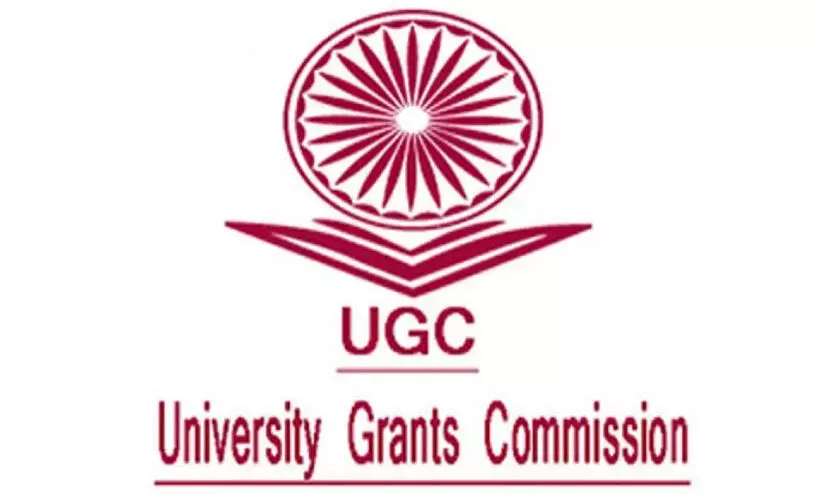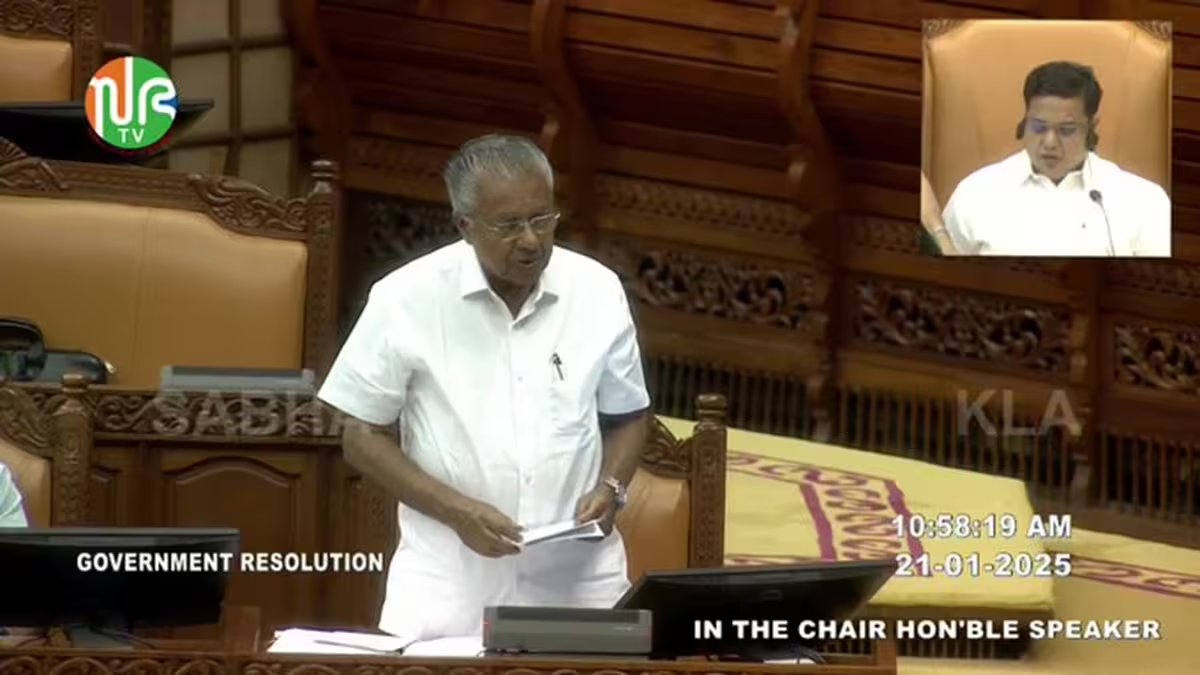
Centre using UGC for its own agenda
text_fieldsKerala Higher Education Minister Dr R. Bindu’s response to UGC's recent proposal regarding curriculum framework has hit some headlines; but UGC' recommendations touched only the surface of a serious issue. The University Grants Commission (UGC) released a draft of the Learning Outcomes-Based Curriculum Framework (LOCF) last month. The minister announced that after an expert review, the state government has decided to reject it . The Commission had published similar drafts on other areas in 2020 as well. In order to study the entire draft and submit a report, the state had appointed a committee that included economist Dr Prabhat Patnaik and eminent historian and academic Romila Thapar. The committee recently submitted its report, based on which Kerala firmed up its stand and officially conveyed it to Union Education Minister Dharmendra Pradhan and UGC Acting Chairperson Vineet Joshi.
Ever since the second Modi government came to power, the UGC has been used by the central government to implement various agendas. One such effort involves using governors appointed by the Centre to block changes that states introduced in university laws. UGC has also been used to push centrally backed nominees into vice-chancellor positions by bypassing key provisions in VC appointments. All this has been made possible by misusing the UGC’s crucial role as a funding agency. And now, the Union government is in a concerted effort to ensure UGC’s involvement in academic matters too. In reality, prescribing curricula is not within the UGC’s mandated domain. However, under the pretext of compliance with the National Education Policy 2020, attempts are being made to make it binding on the states. This effectively undermines the states’ autonomy in matters like university syllabi, course structures, and reading lists. Kerala has pointed out that if the UGC curriculum framework is accepted, nearly all universities across the country would end up offering similar subjects and courses, which is beyond the UGC’s mandate.
The state has also argued that the UGC draft lacks an academic and theoretical framework aligned with the country’s intellectual and social needs. Instead, it promotes certain ideologies dear to the government, under the guise of the Indian knowledge system, while disregarding the cultural heritage of some communities. For these reasons, Kerala has called for the draft to be withdrawn and be subjected to a review. For instance, while claiming to emphasise ancient knowledge, the draft promotes texts and knowledge from Hindu sources. It proposes revising subjects in ways that often conflict with modern scientific knowledge, such as portraying Indian mathematicians in ways inconsistent with contemporary mathematics, introducing “Indian philosophy” into commerce courses, making Indian beverages part of chemistry, and incorporating “dharmic” perspectives into economics. The result will be to replace the scientific knowledge systems that human race has acquired over centuries and to elevate selective beliefs of the majority under the banner of national heritage. As implied in the Kerala response, the central government, through the UGC draft, aims to embed the ideological and cultural agenda preferred by Sangh-affiliated forces into higher education. However, the key question is whether the UGC actually has the mandate to do all this.
Established in 1953, the UGC became a statutory body through an Act of Parliament in 1956. Under this mandate, the scope of its activities are to coordinate the growth of university education across the country, set standards for teaching, examinations, and research, determine minimum educational requirements, provide grants, monitor development at the university and college level, and offer recommendations to improve higher education. However, the UGC’s current primary agenda appears to be intervening in the academic sphere according to the central government’s cultural and political ideologies, and securing a presence in the governance of universities, which are mostly funded by the states. It is within this context that the new “framework” has emerged. What is needed is that the central government should clearly define the UGC’s proper role, limit its functions to that scope, and leave other areas are the territory of respective universities. If the current tendencies are not checked legally and constitutionally, Indian youth will have to embrace philosophies that undermine the unity, liberal outlook, and tolerance of the people, instead of fostering critical thinking and enlightenment.






















